We’ve all heard the phrase “I’ll never drink again” after a night of overindulgence. Hangovers are the body’s unwelcome reminder of what happens when we push our limits with alcohol. But have you ever stopped to wonder what’s really going on in your body when you’re nursing that pounding headache and dry mouth? Let’s dive into the science behind hangovers and what causes those dreaded symptoms.
What Exactly is a Hangover?
A hangover is a collection of unpleasant physical and mental symptoms that occur after consuming alcohol, usually in larger quantities. While everyone’s body processes alcohol slightly differently, most people experience similar symptoms that kick in several hours after their last drink, peaking when blood alcohol content (BAC) hits zero.
Common Symptoms of a Hangover:
- Headache: One of the most notorious hangover symptoms, caused largely by dehydration and alcohol's effect on blood vessels.
- Fatigue and Weakness: Your body is working overtime to break down and eliminate alcohol, which can leave you feeling drained.
- Nausea and Vomiting: Alcohol irritates the stomach lining, increasing acid production, leading to that unpleasant nausea.
- Dehydration and Thirst: Alcohol is a diuretic, meaning it increases urine production, leading to dehydration.
- Dizziness and Vertigo: Dehydration and low blood sugar levels can cause feelings of dizziness or imbalance.
- Sensitivity to Light and Sound: Alcohol consumption impacts the nervous system, making hangover sufferers more sensitive to light and noise.
Why Do Hangovers Happen?
There are several factors at play when it comes to why we experience hangovers. The main culprits include dehydration, the buildup of toxic byproducts from alcohol metabolism, inflammation, and disruptions to your body’s natural rhythms. Here’s how it all breaks down:
1. Dehydration: Alcohol is a diuretic, meaning it encourages your body to get rid of more water than it’s taking in. This leads to dehydration, which is a major contributor to headaches, dry mouth, and the overwhelming thirst you feel during a hangover.
2. Alcohol Metabolism and Toxins: When you drink alcohol, your body breaks it down into acetaldehyde, a toxic byproduct that can cause nausea, vomiting, and sweating. Your liver is responsible for detoxifying acetaldehyde, but when you’ve had too much alcohol, your body struggles to keep up, causing acetaldehyde to build up and contribute to hangover symptoms.
3. Electrolyte Imbalance: Alcohol affects your body’s electrolyte balance by causing you to lose essential minerals like sodium and potassium through frequent urination. This imbalance can make you feel fatigued, dizzy, and weak.
4. Low Blood Sugar: Alcohol interferes with your body’s ability to maintain stable blood sugar levels. This can cause shakiness, weakness, irritability, and confusion, all of which are common hangover symptoms.
5. Inflammation: Drinking alcohol triggers an inflammatory response from your immune system. This inflammation can lead to symptoms like brain fog, fatigue, and the general feeling of being unwell.
6. Disrupted Sleep: Even though alcohol can make you feel sleepy, it actually disrupts the quality of your sleep. A night of drinking can prevent you from reaching the deep stages of restorative sleep, leaving you feeling tired and irritable the next day.
Factors That Influence the Severity of a Hangover:
Not everyone experiences hangovers the same way, and several factors can influence how severe your hangover will be:
- Amount of Alcohol Consumed: The more you drink, the worse your hangover is likely to be.
- Type of Alcohol: Drinks with higher levels of congeners (chemical byproducts from fermentation) like red wine, whiskey, and tequila tend to cause more severe hangovers compared to drinks like vodka.
- Hydration: Staying hydrated while drinking can help prevent or minimize a hangover.
- Eating Before Drinking: Food slows the absorption of alcohol, meaning you’ll feel its effects more slowly, giving your body time to process it.
- Individual Tolerance: Genetics and your overall health can play a role in how your body metabolizes alcohol.
Long-Term Effects of Frequent Hangovers
While an occasional hangover is uncomfortable, frequent hangovers can be a sign of chronic alcohol use, which can have serious long-term health effects. Regular overconsumption of alcohol can lead to liver damage, digestive issues, and increased risk of cardiovascular diseases. Frequent hangovers can also take a toll on your mental health, contributing to feelings of anxiety, depression, and irritability.
Tips for Preventing Hangovers:
While the only sure way to prevent a hangover is to avoid alcohol, here are a few tips to help reduce the severity of hangovers if you do choose to drink:
- Pace Yourself: Drink slowly and alternate alcohol with water to stay hydrated.
- Eat Before and While Drinking: A full stomach will slow alcohol absorption, giving your liver more time to process it.
- Stick to Light Alcoholic Drinks: Clear spirits like vodka and gin tend to cause fewer hangover symptoms than dark liquors.
- Choose Drinks Low in Congeners: As mentioned earlier, drinks like vodka and gin contain fewer congeners than whiskey, rum, or red wine.
Can Supplements Help with Hangovers?
Some supplements have gained popularity for their ability to reduce hangover symptoms. For example, ingredients like Dihydromyricetin (DHM) have been studied for their potential to help the liver process alcohol more effectively and reduce the buildup of acetaldehyde, the toxic byproduct of alcohol metabolism. Others, like probiotics, are designed to support gut health, which alcohol can disrupt.
For those looking to support their body after a night of drinking, supplements like Antivenom, which combines mushroom technology, DHM, probiotics, and natural antioxidants, can be a helpful tool in minimizing hangover symptoms by targeting the root causes of acetaldehyde buildup and immune support.
Conclusion:
While hangovers are an uncomfortable reminder of overindulging in alcohol, understanding the biological processes behind them can help you prevent and mitigate the effects. Staying hydrated, pacing yourself, and using supplements like Antivenom can go a long way in helping you feel better after a night out.
Feel free to share your go-to hangover remedies or any questions you might have about preventing that dreaded morning-after feeling in the comments below!




Leave a comment
This site is protected by hCaptcha and the hCaptcha Privacy Policy and Terms of Service apply.